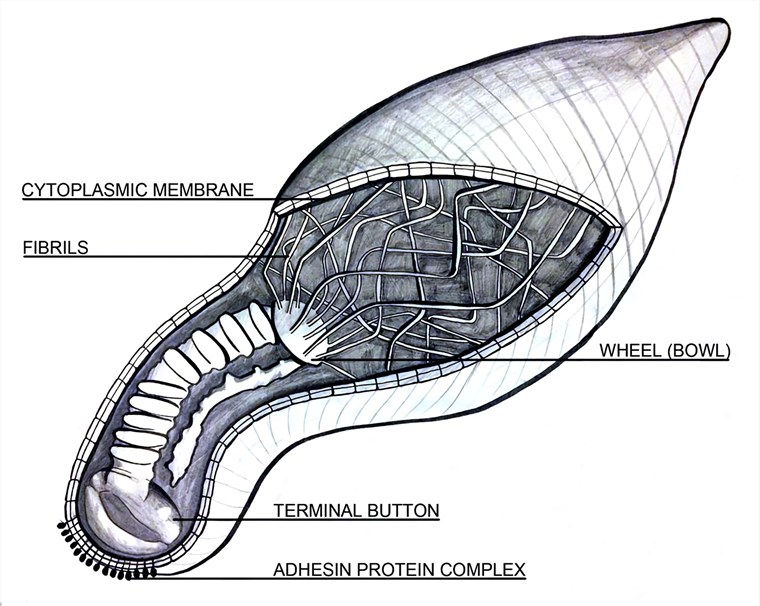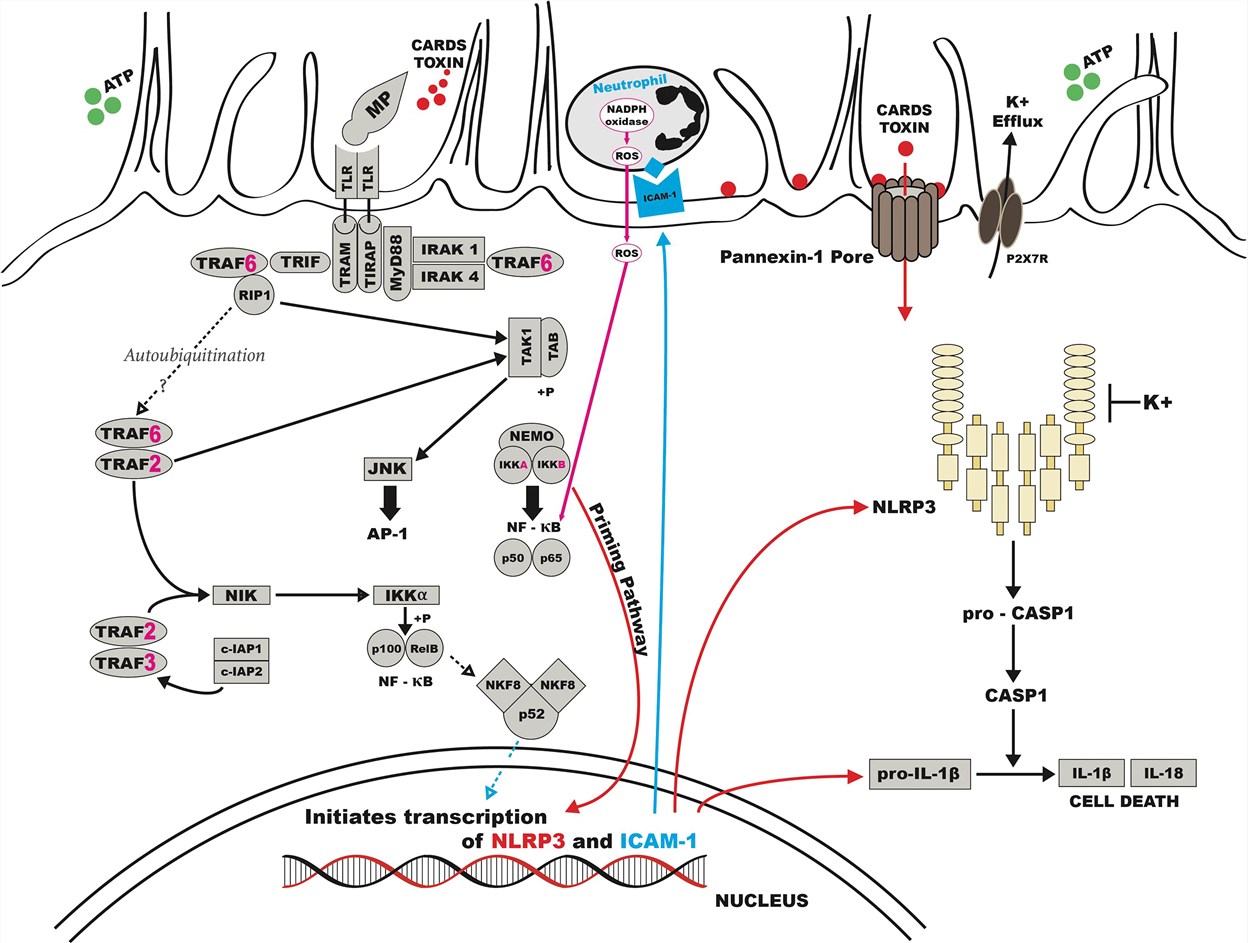The development of in vitro diagnostic (IVD) polyclonal and monoclonal antibodies has greatly improved our ability to diagnose a number of diseases including those caused by pathogens such as bacteria, viruses, fungi, and parasites. Creative Biolabs offers a series of custom-tailored IVD antibody development services to our clients to boost their diagnostic research and IVD kit development.
Introduction of Mycoplasma Pneumoniae
Mycoplasma pneumoniae (M. pneumoniae) is a common pathogen of the human respiratory tract, especially in children and young adults. It is characterized by the absence of a peptidoglycan cell wall and resulting resistance to many antibacterial agents. The adherence of M. pneumoniae to the respiratory epithelial cells is thought to occur via the attachment organelle, followed by evasion of host immune system by intracellular localization and adjustment of the cell membrane composition to mimic the host cell membrane. A host of symptoms can be caused by infection of M. pneumoniae, such as primary atypical pneumonia, tracheobronchitis, and upper respiratory tract disease.
 Fig.1 A longitudinal schematic depicting the cellular architecture of M. pneumonia. (Parrott, G. L., 2016)
Fig.1 A longitudinal schematic depicting the cellular architecture of M. pneumonia. (Parrott, G. L., 2016)
Laboratory Diagnosis of M. Pneumoniae
Diagnosis of M. pneumoniae infection is challenging due to the fastidious nature of the pathogen, the considerable seroprevalence, and the possibility of transient asymptomatic carriage. Currently, various techniques have been adapted for the diagnosis of M. pneumoniae infection, including culture, serology, antigen detection, and nucleic acid amplification.
Serology
Serology is an important tool for the diagnosis of M. pneumoniae infection. The ease of sample collection coupled with further regard to conclusive evidence of M. pneumoniae as the causative agent, maintain serology’s presence within diagnostics. Commonly used serological tests mainly include the complement fixation (CF) test, the microparticle agglutination assay (MAG), enzyme-linked immunosorbent assay (ELISA), and immunoblot assay. In the CF test, a chloroform-methanol glycolipid extract of M. pneumoniae is used as the antigen for specific antibody detection. But this test has been reported to lack sensitivity and specificity. The MAG is a more advanced alternative to the CF test, the principle of which is hemagglutination by specific antibodies to M. pneumoniae. However, neither these two tests differentiate the antibody classes.
Separate detection of IgM or IgA antibodies can be achieved with antibody-based assays such as the ELISA and western immunoblot technique. A variety of ELISA kits is available from different companies. A recently developed western immunoblot kit used for the detection of anti-M. pneumoniae antibodies is from Virotech company (Germany).
 Fig.2 Possible schematic for the pathogenesis of human M. pneumoniae. (Parrott, G. L., 2016)
Fig.2 Possible schematic for the pathogenesis of human M. pneumoniae. (Parrott, G. L., 2016)
Antigen Detection and PCR
Direct antigen detection methods involve the use of commercially available ELISA kits and monoclonal antibodies for direct staining of the pathogen. These diagnostic approaches are convenient and rapid but have been reported to show poor sensitivity. PCR is the most rapid and effective way to determine the presence of M. pneumoniae, however, the procedure does not indicate the activity or viability of the cells present.
Creative Biolabs helps develop high-quality IVD antibodies against a variety of disease targets for the development of immunoassays such as sandwich ELISA, lateral flow immunochromatographic assay, and western blot. Contact us for more information and a detailed quote if you are interested in our services.
Reference
- Parrott, Gretchen L., Takeshi Kinjo, and Jiro Fujita. "A compendium for Mycoplasma pneumoniae." Frontiers in microbiology 7 (2016): 513. Distributed under Open Access license CC BY 4.0, without modification.
For Research Use Only.